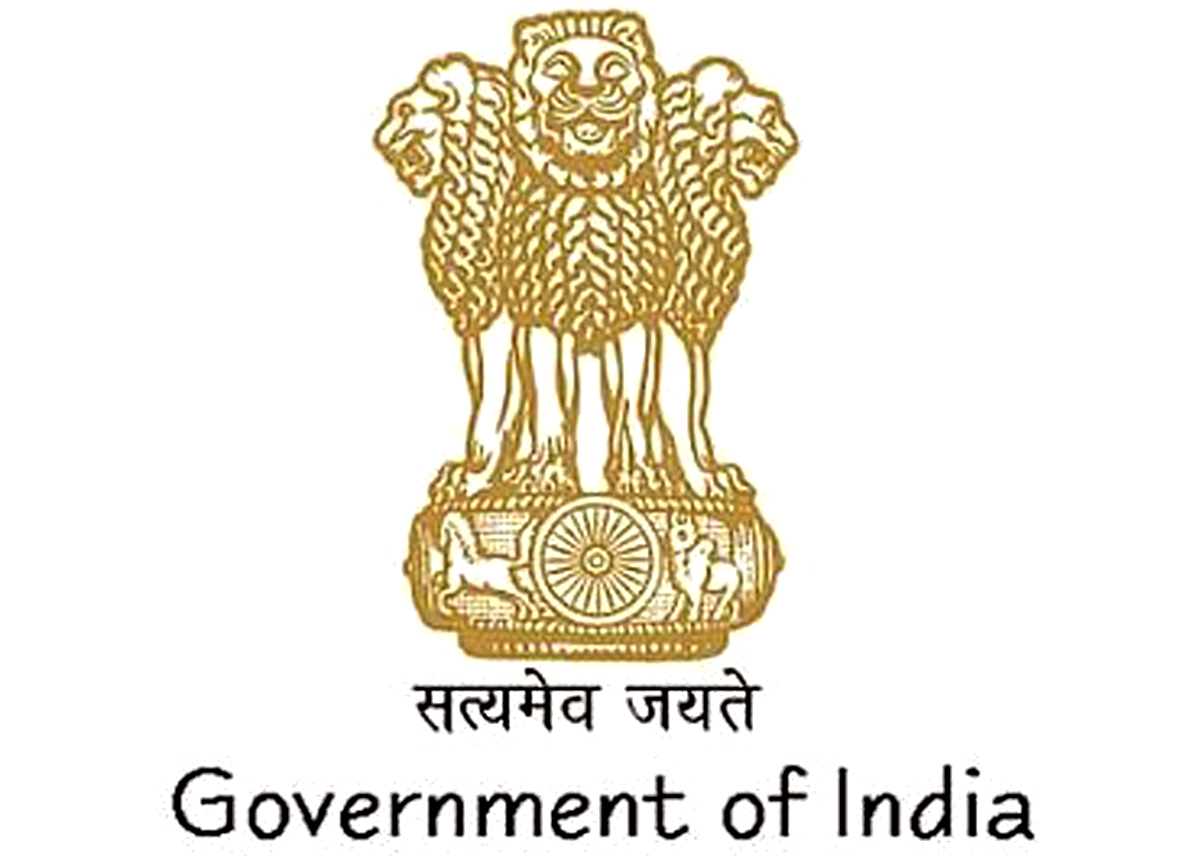Probe into graft cases against politicians, officials
*Central staff to assist in investigations
Sanjeev Pargal
JAMMU, Dec 20: With Jammu and Kashmir now being a Union Territory, the Central Government planned to go tough with corrupt politicians and bureaucrats and, for the purpose, has decided to depute special officers from New Delhi in the Central Bureau of Investigations (CBI), Enforce-ment Directorate (ED) and Anti-Corruption Bureau (ACB) to take up the cases and investigate them.
“Process to identify officers in the senior ranks of CBI, ED and Delhi Police for posting in Jammu and Kashmir has begun. The officers who have handled high profile corruption and related cases at various levels will be picked up from the three wings and deputed to the Union Territory of Jammu and Kashmir to assist local officials in speedy investigations of the cases,” official sources told the Excelsior.
They said Jammu and Kashmir has no dearth of brilliant officers and they will investigate the cases. However, the officers who are being sent from New Delhi to the Union Territory here will assist in the probe as they have already handled certain high profile cases involving politicians and bureaucrats.
Moreover, sources said, the Central Government planned to strengthen the Jammu and Kashmir wings of CBI, Enforcement Directorate and Anti-Corruption Bureau with deployment of more officers and officials as their strength has been quite low. According to them, the top brass of CBI, ED from New Delhi will also coordinate with their offices in the Union Territory regularly.
“A proposal has also been mooted for regular training of the officers/officials of anti-corruption agencies posted in Jammu and Kashmir in the Union Captial to continuously update them about the Central laws which were now applicable in J&K after it was converted into a Union Territory,” sources said.
Deployment of more staff in the Central Bureau of Investigations, Enforcement Directorate and Anti-Corruption Bureau, according to sources, was necessitated as the Central Government, apart from the Union Territory Government, has received complaints about number of corruption cases against political leaders as well as bureaucrats, which were either not investigated or not taken to logical conclusions during previous political regimes under pressure.
The Central Government can now directly refer the cases to the CBI, Enforcement Directorate and the Anti-Corruption Bureau depending upon nature of the cases, for investigations without waiting for referral of the case by the Union Territory Government as was the practice when Jammu and Kashmir was a State.
Confirming that the Central Government was aware of some corruption cases in Jammu and Kashmir when it was the State, sources said they couldn’t be taken up by the CBI as the then State Government was not ready to give permission for them. However, with the State of Jammu and Kashmir now becoming a Union Territory, the CBI and other Central agencies can directly take up the cases of J&K without waiting for the formal nod from the Union Territory Government.
“At the same time, the anti-corruption investigating agencies will also take up the cases referred by the Union Territory Government,” sources said.
They added that complaints of corruption haven’t only been received against National Conference, People’s Democratic Party and Congress but the BJP as well. Complaints against the BJP leaders pertained to the PDP-BJP coalition era. Moreover, some complaints have also been received against Chairpersons of Urban Local Bodies.
However, all complaints were subject matter of investigations and nothing can be said about them at this stage.
According to sources, the CBI Jammu and Kashmir office is also being strengthened to make it a major anti-corruption watchdog as it will be now at liberty to register cases against the corrupt officers and officials including the Jammu and Kashmir Police as nearly 5 lakh employees of the Union Territory of J&K and Ladakh which had come into existence on October 31, will be under direct control of the CBI.
In a State, the CBI had to take permission of the State Government before registration of the Regular Case (First Information Report).
“The civilians can directly approach the CBI with clues, evidence, written complaint or documents in any case. After conducting Preliminary Enquiry, if the CBI finds merit in the case it can convert the PE into Regular Case,” sources said.
However, according to sources, more powers to the CBI in the Union Territory in no way impact functioning of the Anti-Corruption Bureau (ACB), which will continue its crusade against the corruption as usual.


